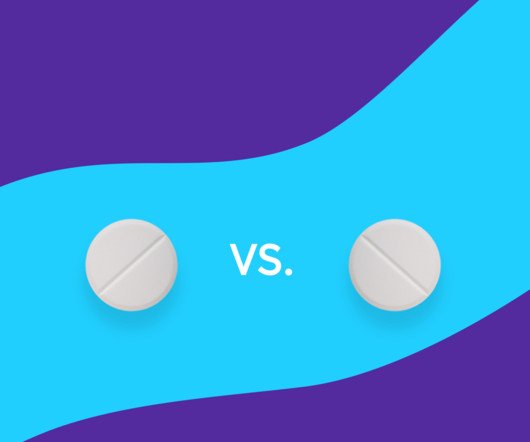What insurance plans cover weight loss medication?
The Checkup by Singlecare
JULY 15, 2025
Weight loss drugs have been around since the 1930s, but they saw a recent surge in popularity after the Food and Drug Administration (FDA) approved three GLP-1 receptor agonists for weight loss: Wegovy (semaglutide), Saxenda (liraglutide), and Zepbound (tirzepatide). These are the brand names that are FDA approved to treat Type 2 diabetes.















Let's personalize your content